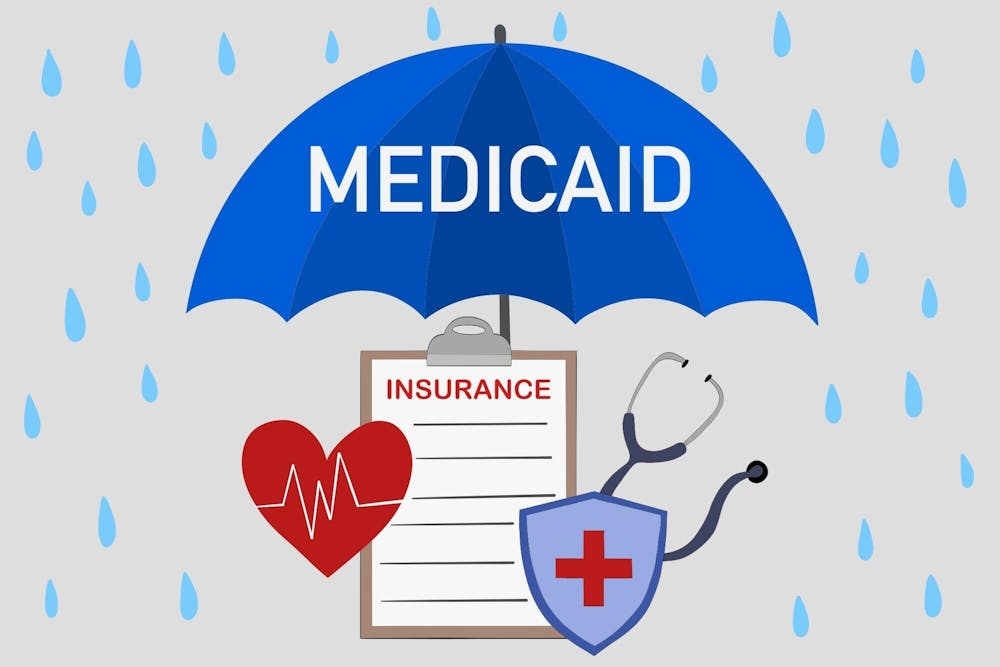In December 2024, Gov.Roy Cooper and the North Carolina Department of Health and Human Services announced over 600,000 people enrolled in Medicaid Expansion in the first year of implementation in half the time that was initially projected.
The Medicaid Expansion program, launched on Dec. 1, 2023, provides health coverage to residents aged 19 through 64 with incomes up to 138 percent of the federal poverty line.
Josh Dobson, president and CEO of the North Carolina Health Association, said when the Affordable Care Act passed in 2010, Medicaid was supposed to expand coverage to individuals earning up to 138 percent of the federal poverty level. However, North Carolina chose not to implement the expansion until December 2023, leaving a gap where individuals earned too much to qualify for traditional Medicaid but not enough to access the ACA exchange.
“Medicaid Expansion in North Carolina has allowed hard working North Carolinians to gain access to health care that otherwise would not have that health care,” Dobson said.
Jay Ludlam, deputy secretary for N.C. Medicaid, said lessons learned from other states, extensive data use and streamlined eligibility systems contributed to the enrollment success. He said they used data gathered during COVID-19 to help identify eligible individuals, enrolling 268,000 people based on existing information in one day.
Ludlam said advocacy groups, community organizations and faith-based groups also played critical roles in the success of Medicaid Expansion by hosting events and attending community fairs. He said the N.C. Medicaid Ambassador Initiative empowered individuals to help spread the message and assist with enrollment.
“We had a number of librarians across North Carolina who were really interested in helping people who came to their local library get enrolled,” he said.
According to the NCDHHS press release, North Carolina enrolled nearly 300,000 people receiving Medicaid Family Planning benefits -– which provide contraceptive services to people who are not fully enrolled in Medicaid — into full Medicaid coverage. Additionally, more than 217,183 members of rural communities gained access to Medicaid coverage through the expansion.
Ludlam said the expansion creates a greater sense of certainty for both individuals seeking care as well as providers. Before the expansion, he said many people chose to not pursue critical medication or care because they did not have coverage. Many health providers were not reimbursed for their services or had to go through the process of filing paperwork to attempt to have the federal government pay, Ludlam said.




